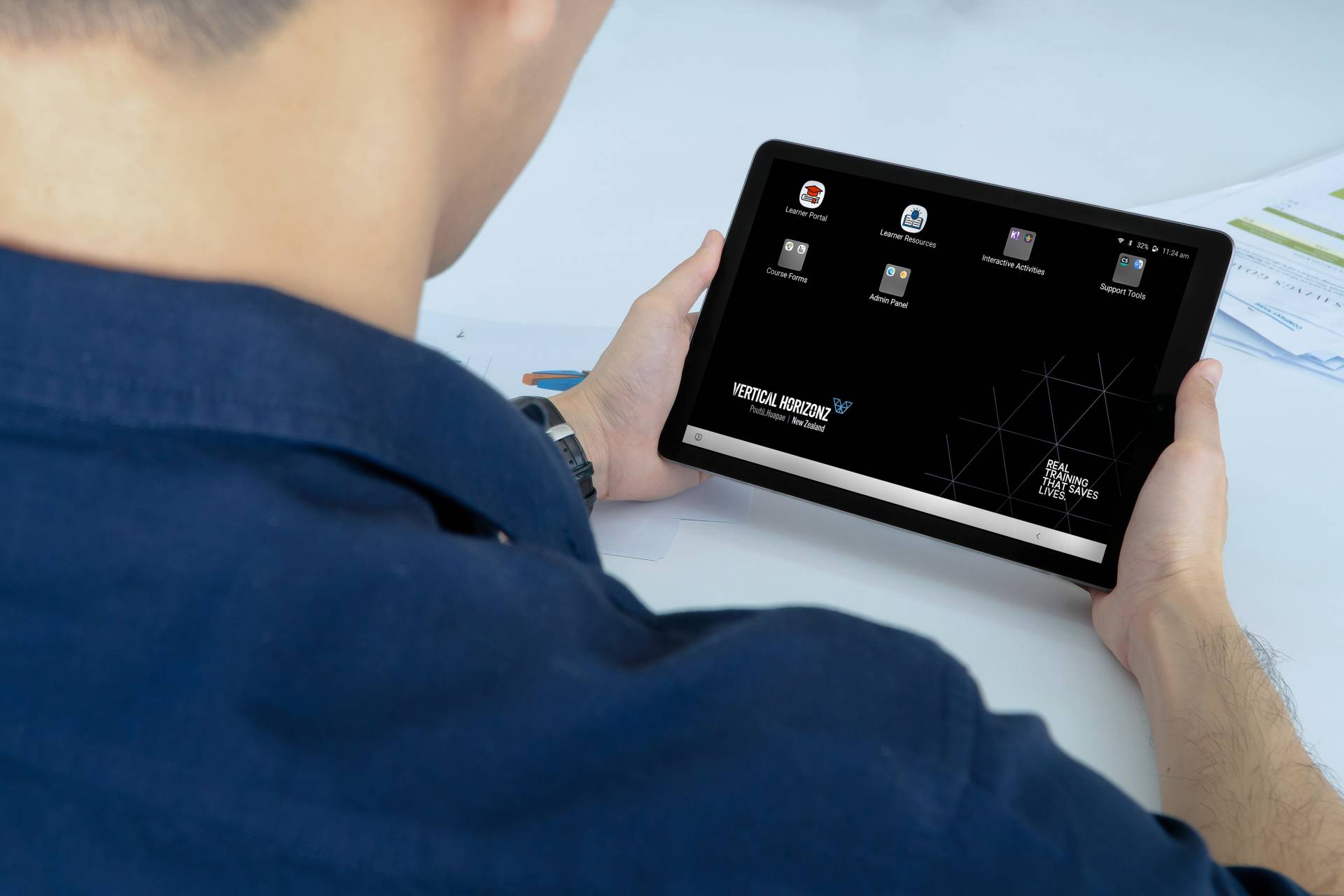At Vertical Horizonz, we are committed to creating an inclusive educational landscape underpinned by Universal Design for Learning principles (UDL). UDL is a research-based framework that aims to make learning accessible and inclusive for all. We recognise our obligation to remove learning barriers for all, including our neurodivergent learners, who may have additional challenges due to dyslexia, ADHD, autism and other forms of neurodiversity. Our commitment to Universal Design for Learning (UDL) principles guides everything we do and shapes our vision for the future of education. Here’s how we are making a meaningful impact:
Multiple Means of Engagement
We motivate our learners by providing various ways to connect with our learning materials, including practical training, group and paired activities and utilising technology. We are working on a number of projects to improve personalised feedback, ensuring every learner feels valued and engaged.
Multiple Means of Representation
Recognising that everyone processes information differently, we present our content in various formats using visual aids, interactive multimedia, captioned video and hands-on activities to cater to different learning preferences.
Multiple Means of Action and Expression
Our learners have the flexibility to demonstrate their understanding in multiple ways (where examining bodies allow). Whether through assistive technologies such as speech-to text and translation tools, digital submissions using our learner portal or practical evidence captured on camera we aim to adapt our methods to best showcase our learner’s knowledge and skills.
VHNZ commitment to Neurodivergent Learners
Although we are proud to support the achievements of our physically impaired learners, due to the nature of our training, we are far more likely to see learners with neurodivergence and the associated challenges. At Vertical Horizonz we are dedicated to implementing UDL principles in ways that specifically support neurodivergent learners. Here’s how we’re making a difference:
- Learning Environments
We’re redesigning our spaces to support varied learning preferences. This includes creating quiet spaces for focused work, such as our pods in our Papakura Digital Learning Centre. These are quiet, private spaces where learners can retreat if they find group settings overwhelming. We’re utilising technology to enhance learning. By allowing learners to select their environments, we empower them to engage in ways that resonate with their unique needs.
Recognising the importance of sensory tools, we are introducing fidget toys and noise-cancelling headphones at our training centres. These resources will help learners with conditions such as ADHD or autism to stay focused and manage sensory overload in a more comfortable learning environment.
- Personalised Learning Pathways
Currently under development are our personalised learning pathways using data and assessments that consider each student’s strengths and challenges to offer targeted intervention, where the individual needs it most.
- Fostering Collaborative Learning
We promote a culture of collaboration where students learn from each other. Group work and peer mentoring not only enhance social interactions but also allow learners to share diverse perspectives. This inclusive approach encourages neurodivergent students to connect with their peers in meaningful ways, should they wish to do so, whilst allowing them the autonomy to choose how they participate.
- Leveraging Technology for Inclusion
Technology is a vital component of our UDL implementation. We are excited to announce the rollout of 440 tablets across our centres by 1st November 2024. This initiative is a significant step towards digitalising our training delivery, making learning more accessible, interactive, and engaging for our learners. Our tablets come equipped with assistive technologies, and translation apps to support learners with literacy and processing needs, alongside interactive platforms like Kahoot! and VHNZ Interactive to enhance engagement through entertaining activities. We’re trialling the use of virtual reality and simulators, to give our learners opportunities to practice their skills in a less pressurised environment. These resources can be particularly beneficial for neurodivergent learners.
Looking ahead, we are investigating accessibility functions across our digital platforms.
- Continuous Feedback and Growth
Regular feedback is integral to our approach, whether face-to-face or through our digital platforms, trainers, verifiers and training advisors can provide ongoing feedback focused on growth and improvement. This allows all learners to reflect on their progress and adjust their strategies, fostering a growth mindset that benefits everyone, especially those who may find traditional evaluation methods challenging.
- How do we support this?
We are regularly upskilling our team to ensure they are informed about the latest best practices in neurodiversity and education. Through our ongoing efforts, we aim to create a more inclusive and accessible learning environment, enabling all our learners to thrive, regardless of their abilities or needs.
- Our Vision for the Future
At Vertical Horizonz our vision is clear, to cultivate an educational environment where all learners, including neurodivergent individuals, can reach their full potential. By embracing UDL principles, we are not only enhancing the learning experience for neurodivergent learners but also enriching the educational landscape for all. We are committed to creating training that is accessible, equitable, and empowering for every learner. As we continue to develop and expand our resources, we look forward to setting new standards for inclusive education in our industry.
